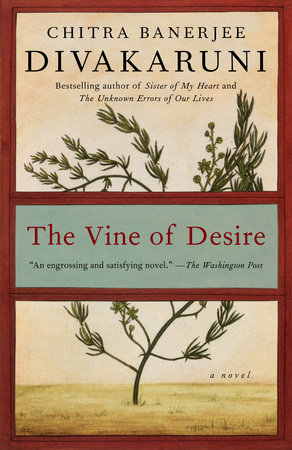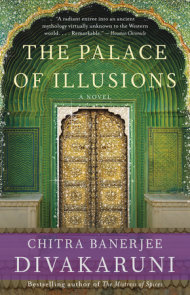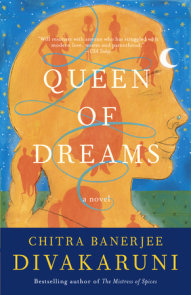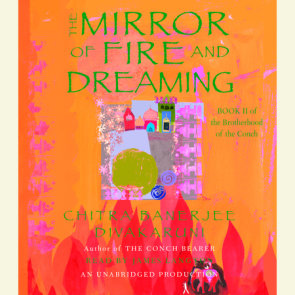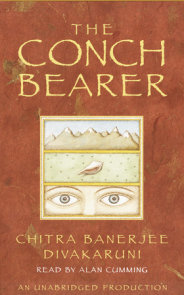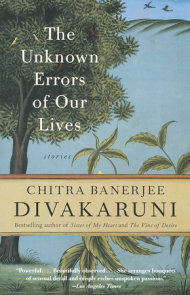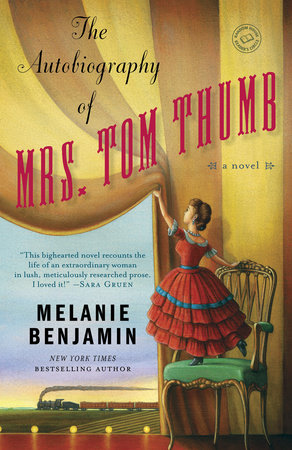

The Vine of Desire
By Chitra Banerjee Divakaruni
By Chitra Banerjee Divakaruni
By Chitra Banerjee Divakaruni
By Chitra Banerjee Divakaruni
Category: Literary Fiction | Women's Fiction
Category: Literary Fiction | Women's Fiction

-
$16.00
Feb 04, 2003 | ISBN 9780385497305
-
May 20, 2003 | ISBN 9781400075812
YOU MAY ALSO LIKE
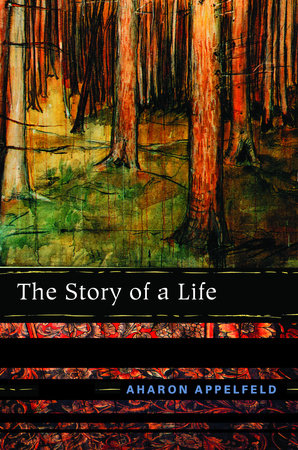
The Story of a Life

Across the Land and the Water
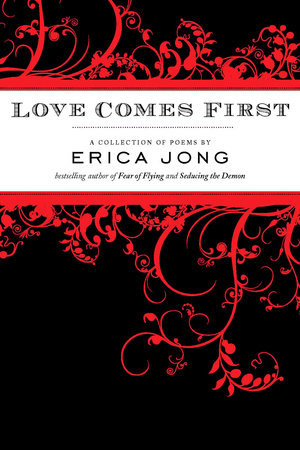
Love Comes First
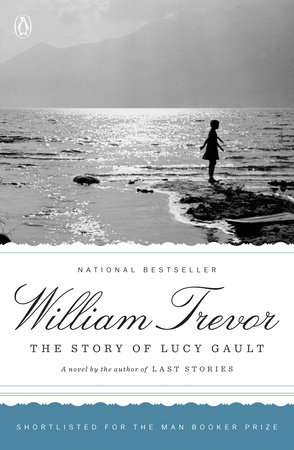
The Story of Lucy Gault
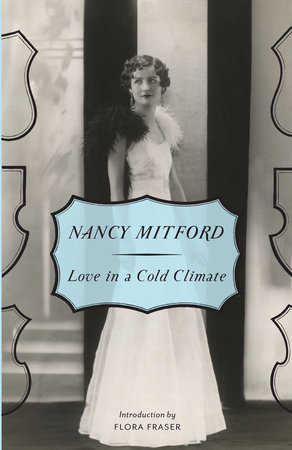
Love in a Cold Climate
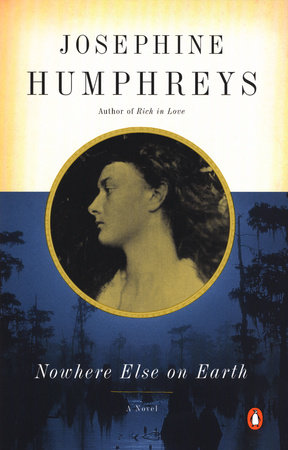
Nowhere Else on Earth
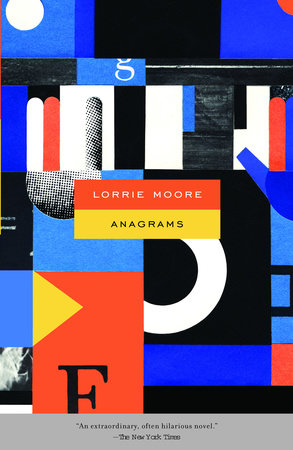
Anagrams
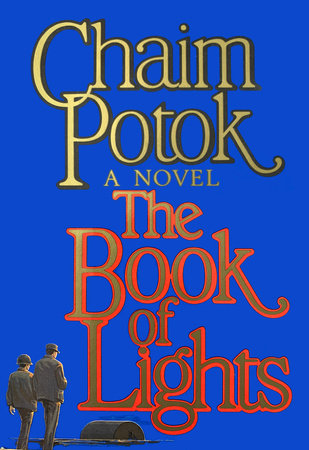
The Book of Lights
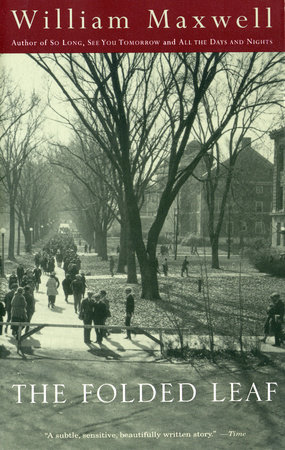
The Folded Leaf
Praise
“An engrossing and satisfying novel.” –The Washington Post
“Divakaruni is gifted with dramatic inventiveness [and] lyric, sensual language. . . . The Vine of Desire offers many delights.” –Los Angeles Times Book Review
“Divakaruni is an incomparable storyteller. . . . the beauty of her talent is her ability to capture the true complexity of the emotional landscape in her characters. . . . A lovely read.” –The Denver Post
“Incandescent. . . . Abounds with vibrant images.” –Houston Chronicle
“Grab The Vine of Desire. Divakaruni is a transplanted cultural treasure [and] a brilliant storyteller.” –The Seattle Times
“As gracefully structured as a piece of chamber music.” –San José Mercury News
“Chitra Banerjee Divakaruni fills a space all her own. . . . Her fiction draws a line straight to the heart.” –The Atlanta Journal-Constitution
“Divakaruni. . . . paints worlds of complex characters and cultures with an absorbing story line and beautiful language that reads like poetry.” –The Oregonian
“Compassionate. . . . Provid[es] with graceful economy a complex backdrop of contemporary Indian society.” –The Boston Sunday Globe
“Dazzling and powerful. . . . Divakaruni’s descriptions, as always, possess a fine lyrical beauty. . . . Readers . . . will have much to feast on.” –The San Diego Union-Tribune
“Moving, passionate. . . . A beautiful, imperfect journey, much like life itself, and one well worth taking.” –Austin American-Statesman
“[An] exquisitely rendered tale of passion, jealousy, and redemption. . . . Divakaruni combines a gift for absorbing narrative with the artistry of a painter.” –Publishers Weekly
“A potent, emotional book delivered by a writer who knows when to step back and take in the poetry.” –Book
“Compelling. . . . Divakaruni writes prose that is lush. . . . [She] excels at depicting the nuances of the immigrant experience.” –SF Weekly
21 Books You’ve Been Meaning to Read
Just for joining you’ll get personalized recommendations on your dashboard daily and features only for members.
Find Out More Join Now Sign In








